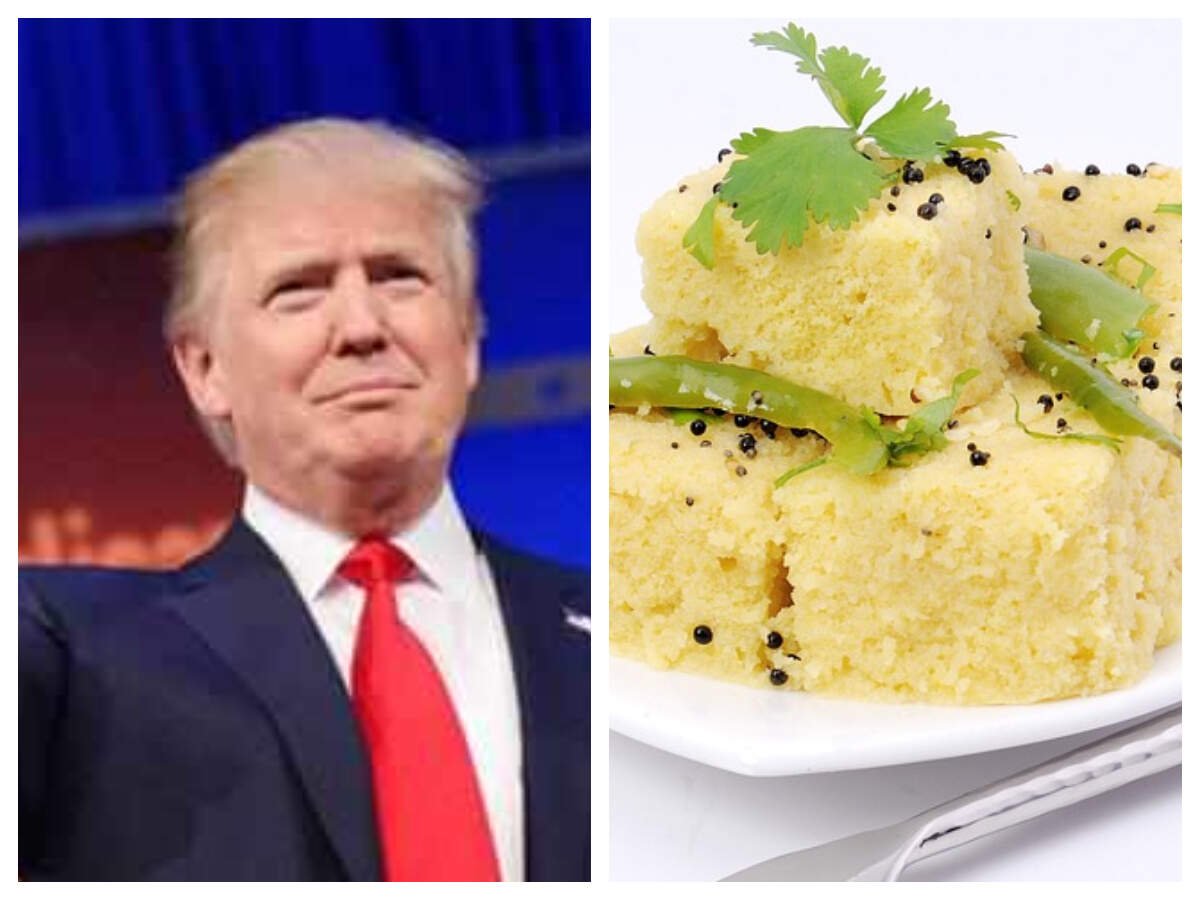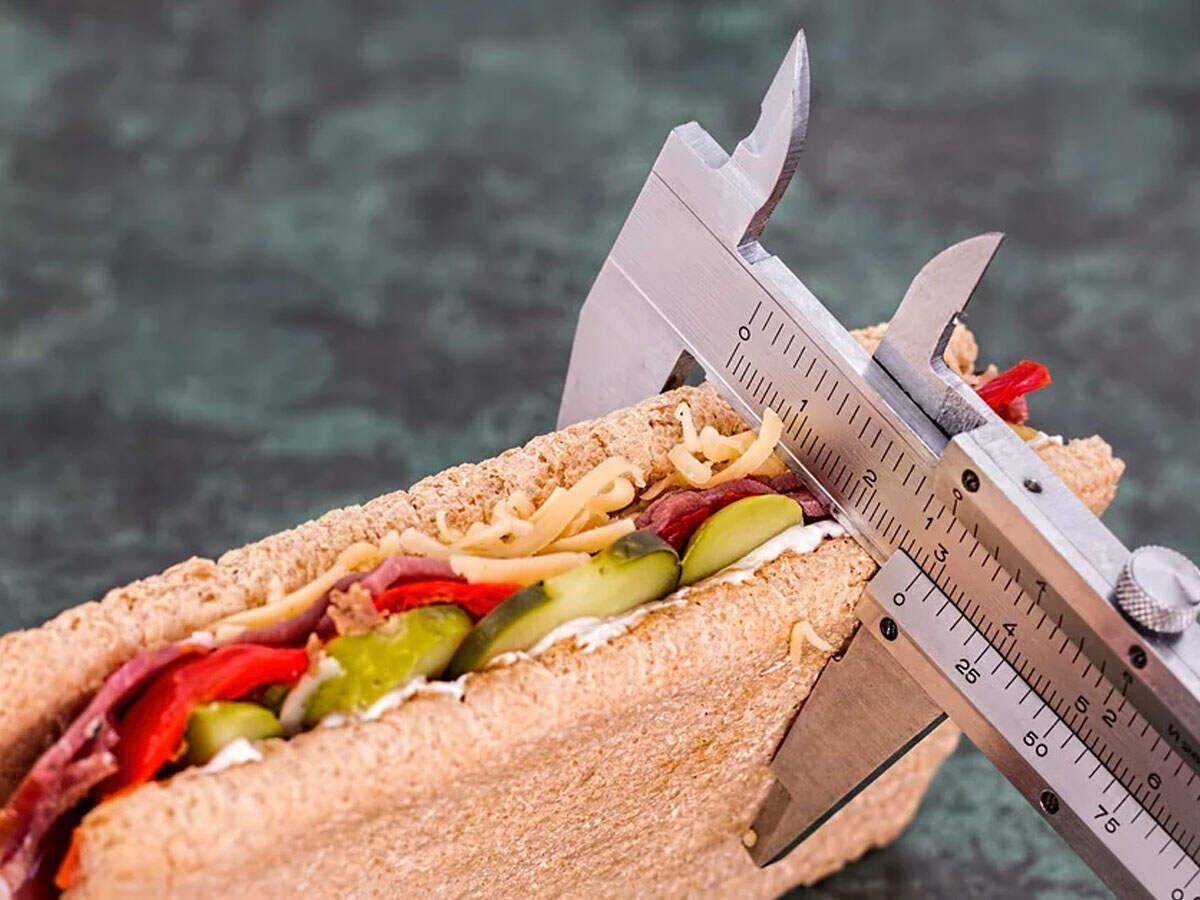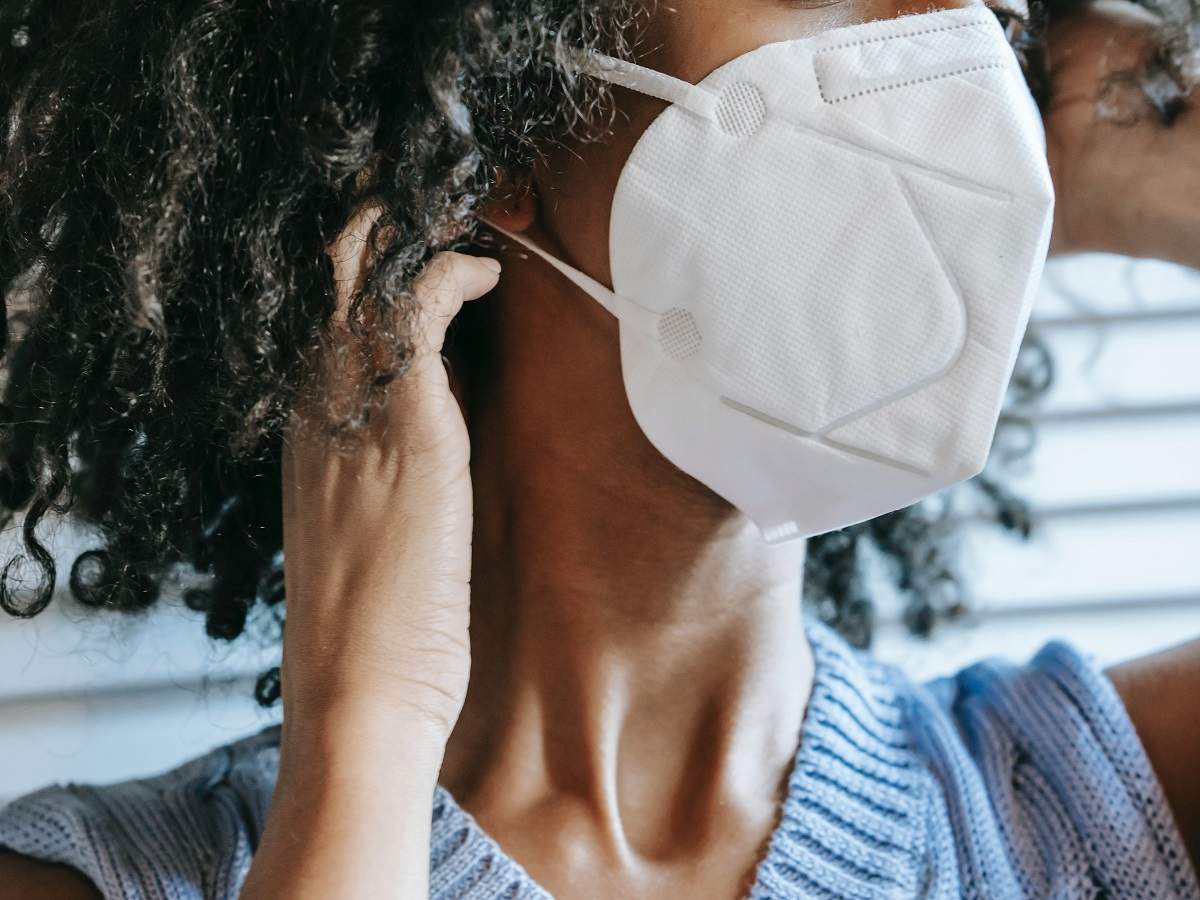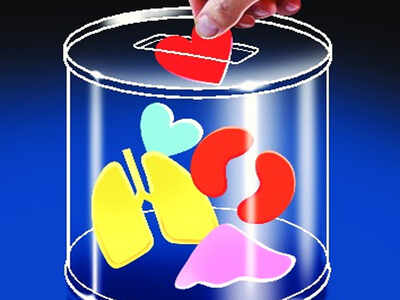
BENGALURU: Hospitals harvesting organs no longer enjoy the right to accord preference to patients registered with them for transplantation. The Karnataka government has withdrawn the special-allocation preference conferred on hospitals in this regard.
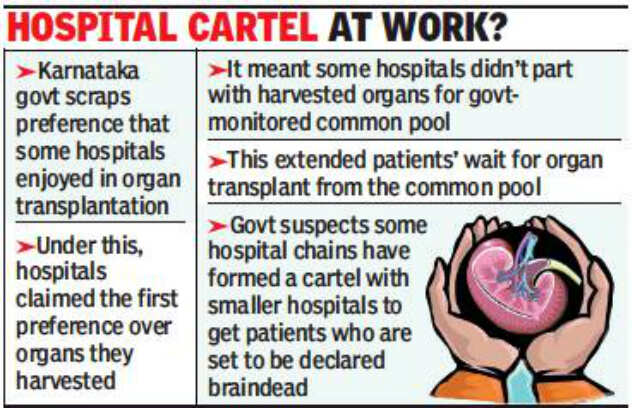
The move comes after the authorities noticed a private hospital group reporting a huge number of organ transplantations after it is suspected to have formed a cartel with smaller hospitals to get patients on the verge of being declared braindead.
According to officers from the health and family welfare department, the special-allocation preference gave hospitals the first claim over the organs they harvested. It undermined the policy where a common pool of needy patients has been put in place to ensure they receive the organs on a first-come-first-serve basis.
The decision was taken by Jeevasarthakathe, unit of Karnataka government coordinating cadaver donations, on Monday and the government is yet to issue an order. Hospitals and doctors are split over the move.
In a letter to hospitals licensed to retrieve organs, Jeevasarthakathe said: “The inhouse allocation preference to the donor hospital for all deceased donor organs is now deleted. The allocation of the organs will continue with prevalent guidelines.”
Jeevasarthakathe convener Dr Kishore Phadke called the move big and a first in India. He told TOI: “The law has no provision for inhouse allocation preference to donor hospitals. This had become a practice to encourage organ donation. Now, we see the privilege is overused and unethically. When relatives of the braindead patient give away the organs, why should certain doctors and hospitals claim ownership over them? If we don’t stop it now, it could hurt the concept of organ donation.”
‘Blanket rule may be counterproductive’
A doctor from a leading hospital said the in-house allocation preference allowed donor hospitals to use one of the kidneys in the patient pool. “This was a catalyst to promote transplants. This blanket rule for all hospitals could be counterproductive. They should have identified the black sheep and taken measures to curb the same. The move is a disincentive to harvesting hospitals,” he said.
A 29-year-old man who received a kidney in August 2019 told TOI he was lucky as he was at the top of his hospital’s waiting list. “My health was deteriorating despite dialysis. An O-positive blood person, my chances were bleak as there are many patients with such a common blood group in the waiting list,” said the recipient.

The move comes after the authorities noticed a private hospital group reporting a huge number of organ transplantations after it is suspected to have formed a cartel with smaller hospitals to get patients on the verge of being declared braindead.
According to officers from the health and family welfare department, the special-allocation preference gave hospitals the first claim over the organs they harvested. It undermined the policy where a common pool of needy patients has been put in place to ensure they receive the organs on a first-come-first-serve basis.
The decision was taken by Jeevasarthakathe, unit of Karnataka government coordinating cadaver donations, on Monday and the government is yet to issue an order. Hospitals and doctors are split over the move.
In a letter to hospitals licensed to retrieve organs, Jeevasarthakathe said: “The inhouse allocation preference to the donor hospital for all deceased donor organs is now deleted. The allocation of the organs will continue with prevalent guidelines.”
Jeevasarthakathe convener Dr Kishore Phadke called the move big and a first in India. He told TOI: “The law has no provision for inhouse allocation preference to donor hospitals. This had become a practice to encourage organ donation. Now, we see the privilege is overused and unethically. When relatives of the braindead patient give away the organs, why should certain doctors and hospitals claim ownership over them? If we don’t stop it now, it could hurt the concept of organ donation.”
‘Blanket rule may be counterproductive’
A doctor from a leading hospital said the in-house allocation preference allowed donor hospitals to use one of the kidneys in the patient pool. “This was a catalyst to promote transplants. This blanket rule for all hospitals could be counterproductive. They should have identified the black sheep and taken measures to curb the same. The move is a disincentive to harvesting hospitals,” he said.
A 29-year-old man who received a kidney in August 2019 told TOI he was lucky as he was at the top of his hospital’s waiting list. “My health was deteriorating despite dialysis. An O-positive blood person, my chances were bleak as there are many patients with such a common blood group in the waiting list,” said the recipient.
Trending Topics
LATEST VIDEOS
City
 Watch: Delhi school kid grabs attention of Melania Trump with his bhangra moves
Watch: Delhi school kid grabs attention of Melania Trump with his bhangra moves  MoS Kishan Reddy should go back to Delhi and control situation: Owaisi
MoS Kishan Reddy should go back to Delhi and control situation: Owaisi  School children gift ‘Madhubani’ paintings to First Lady Melania Trump
School children gift ‘Madhubani’ paintings to First Lady Melania Trump  Stone pelting again starts between pro, anti-CAA protestors near Delhi’s Bhajanpura chowk
Stone pelting again starts between pro, anti-CAA protestors near Delhi’s Bhajanpura chowk
More from TOI
Navbharat Times
Featured Today in Travel
Get the app


